NGI affiliated lab includes any faculty using high-throughput omic data to understand the pathobiology of human with focus on leverage human samples to study neurodegenerative diseases. There is no cost to join, but there are many benefits to becoming an NGI Center Affiliated lab member. If you are not yet affiliated with the NGI Center but would like to be, please click here
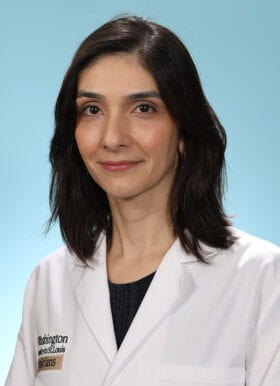
Isabel Alfradique-Dunham
NGI-Affiliated Lab
- Phone: 3143626908
- Fax: 3147473258
- Email: a.isabel@wustl.edu
Sees patients for Parkinson’s disease and atypical Parkinsonism, tremor, Huntington’s disease, dystonia, botulinum toxin, deep brain stimulation (DBS).
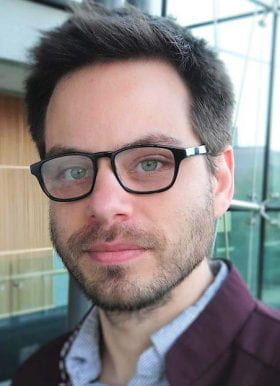
Felipe Almeida de Pinho Ribeiro, PhD
- Email: dfelipe@wustl.edu
My lab investigates the mechanisms by which sensory neurons shape immunity and how these neuroimmune interactions contribute to the pathogenesis of human diseases. We combine techniques from neuroscience and immunology, mouse models of human diseases (infectious and non-infectious), and in vitro cultures of sensory neurons and immune cells to uncover the details of this neural control of immunity and to identify new approaches to treating immune-related diseases by targeting the sensory nervous system.My lab investigates the mechanisms by which sensory neurons shape immunity and how these neuroimmune interactions contribute to the pathogenesis of human diseases. We combine techniques from neuroscience and immunology, mouse models of human diseases (infectious and non-infectious), and in vitro cultures of sensory neurons and immune cells to uncover the details of this neural control of immunity and to identify new approaches to treating immune-related diseases by targeting the sensory nervous system.
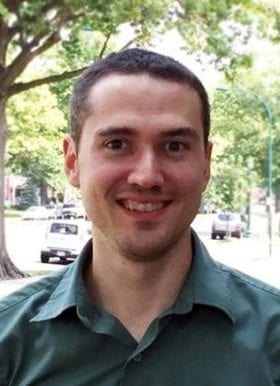
Andrew Aschenbrenner, PhD
NGI Affiliated Lab
- Email: a.aschenbrenner@wustl.edu
Andrew (Andy) Aschenbrenner, PhD is an Instructor of Neurology at Washington University in St. Louis. He has expertise in the development, administration, and analysis of cognitive and behavioral tests in healthy older adults and individuals with preclinical and very mild Alzheimer disease (AD). His current interests include evaulating the utility of intraindividual variability in cognition and personality as predictors of AD risk. He is also interested in applying novel statistical techniques (e.g., dynamic structural equation modeling) and computational models to further understand cognitive changes in the earliest stages of AD.

David Brogan, MD
Dedicated to conducting brachial plexus and peripheral nerve research that is directly relevant to patients, clinicians, scientists, and policy-makers. The lab has 2 components: (1) Epidemiologic, economic, and clinical analysis of brachial plexus injuries and (2) Translational nerve research.
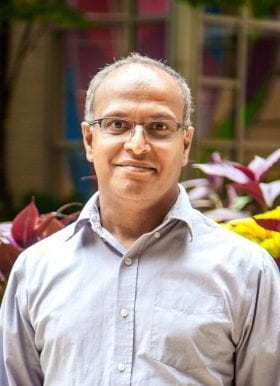
Anil Cashkiar, PhD
- Phone: 314-273-1863
- Email: cashikar@wustl.edu
Neuroinflammation is thought to play an important role in the pathogenesis of various psychiatric and neurological disorders. We are interested in understanding how cholesterol metabolism influences neuroinflammation.
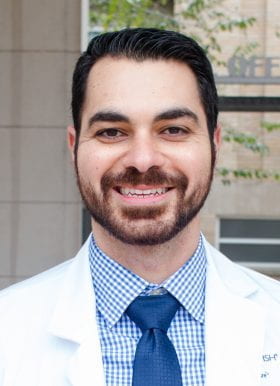
Alexander Chamessian, MD, PhD
- Email: a.chamessian@wustl.edu
Gereau Lab utilizes a combination of behavioral studies, patch clamp electrophysiology, optogenetics, in vivo imaging, molecular and genetic approaches to understand the signaling pathways involved in nervous system plasticity that underlies pain sensitization. Their mission is to identify novel approaches to reverse this maladaptive plasticity to provide new therapeutic strategies to reduce pain and its impact on patient quality of life.
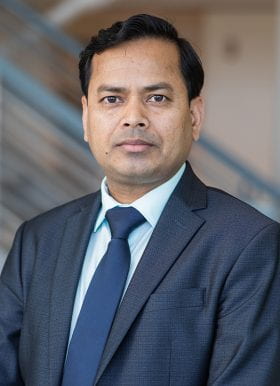
Ganesh B Chand, PhD
- Phone: 314-362-4577
- Email: gchand@wustl.edu
Biomedical Imaging, neurophysics, neuroengineering, neuroinformatics, computational neuroscience, neuroimaging, neurophysiology, clinical research, machine learning, artificial intelligence, big data
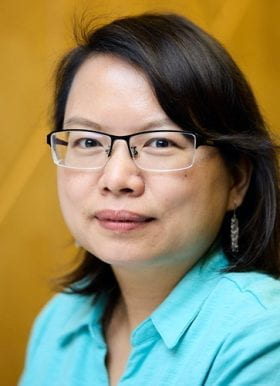
Hong Chen, PhD, MS
- Phone: 314-454-7742
- Email: hongchen@wustl.edu
I’m the director of the Chen Ultrasound Laboratory at Washington University in St. Louis. Our research laboratory combines engineering, biology, and medicine to develop ultrasound techniques for noninvasive, targeted, and personalized brain cancer treatment and for understanding the brain function. For more information about our lab, please visit https://chenultrasoundlab.wustl.edu/
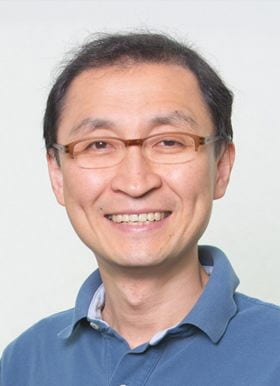
Jaehyung Cho, PhD
- Phone: 314-362-8804
- Email: jaehyung.cho@wustl.edu
The fundamental question that drives our research is, “How are thrombosis and inflammation intertwined?” Our current and future studies focus on understanding the mechanism mediating intravascular cell-cell interactions and vascular occlusion under thromboinflammatory conditions, including thrombosis, ischemia/reperfusion injury, and sickle cell disease.
